The Chips of Your Life Will Make You Rich
Why Would Moshe Make Money from Carving the Second Tablets?
- August 22, 2019
- |
- 21 Av 5779
Rabbi YY Jacobson
3266 צפיות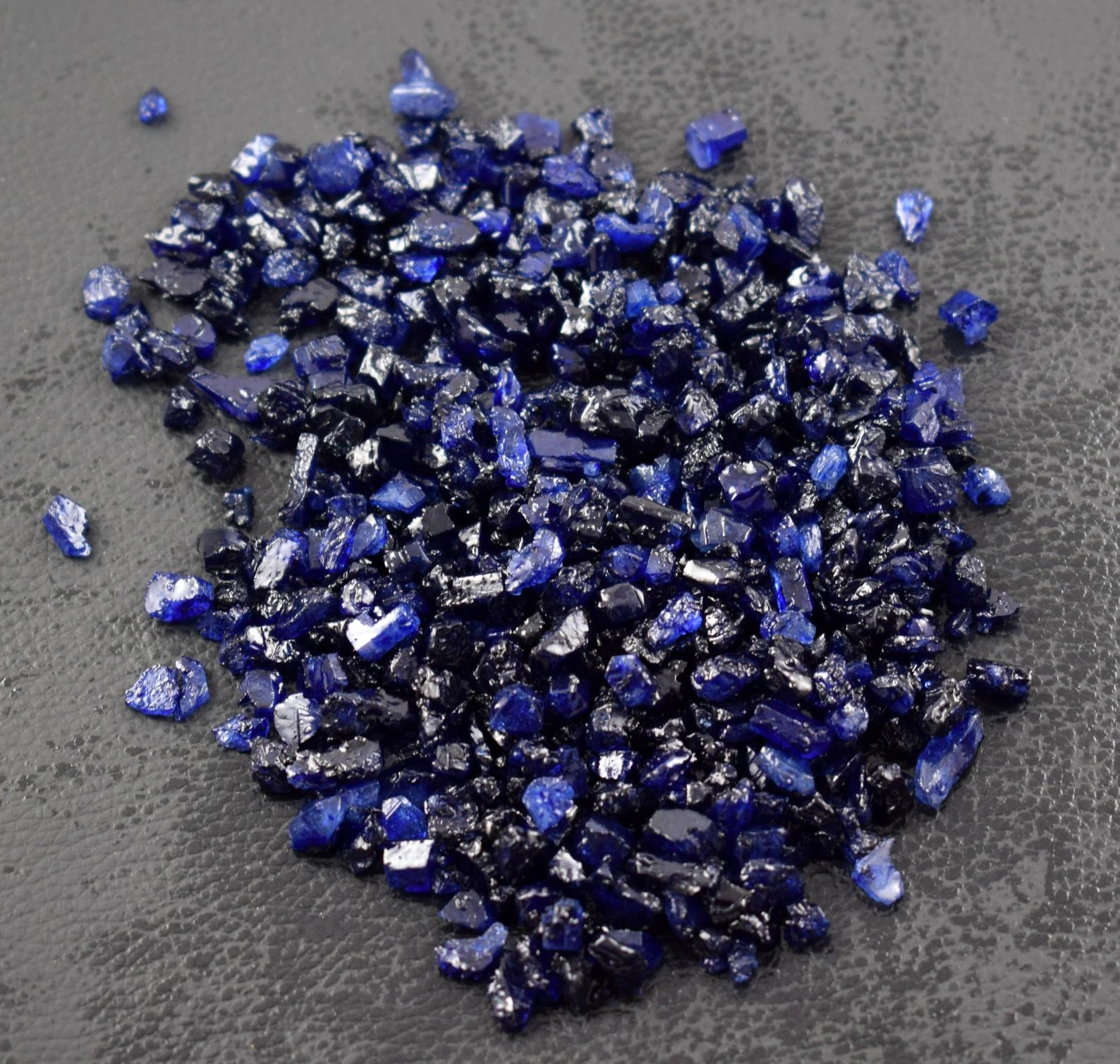

The Chips of Your Life Will Make You Rich
Why Would Moshe Make Money from Carving the Second Tablets?
Rabbi YY Jacobson
- August 22, 2019
Moses’ Wealth
In this week’s Torah portion, Eikev, Moses recounts the dramatic tale of how, following the Revelation at Sinai, G-d carved out Two Tablets, engraved them with the Ten Commandments, and presented them to Moses on Mt. Sinai. When Moses descended the mountain, however, he observed that the Israelites had created a Golden Calf as an idol. Moses seized the Tablets and smashed them before their eyes.
After a confrontation with G-d, Moses persuades Him, as it were, to forgive the Jewish people for their betrayal. G-d instructs Moses to carve out a second pair of tablets, to replace the first smashed ones.
In Moses’ own words:
עקב י, א-ב: בָּעֵת הַהִוא אָמַר יְהוָה אֵלַי, פְּסָל-לְךָ שְׁנֵי-לוּחֹת אֲבָנִים כָּרִאשֹׁנִים, וַעֲלֵה אֵלַי, הָהָרָה; וְעָשִׂיתָ לְּךָ, אֲרוֹן עֵץ. וְאֶכְתֹּב, עַל-הַלֻּחֹת, אֶת-הַדְּבָרִים, אֲשֶׁר הָיוּ עַל-הַלֻּחֹת הָרִאשֹׁנִים אֲשֶׁר שִׁבַּרְתָּ; וְשַׂמְתָּם, בָּאָרוֹן.
At that time, the Lord said to me, "Hew for yourself two stone tablets like the first ones and come up to Me onto the mountain…”[i]
The Sages, always sensitive to nuance, focus on the word "for yourself" (“lecha”), which seems superfluous and even misleading, as though these tablets were being carved for Moses himself. The verse could have stated, “Carve two stone Tablets.” What does it mean “Carve for yourself?”
The Talmud[ii] deduces from this that Moses was permitted to keep the chips of the second Tablets, hewed from sapphire. As Moses hewed the stone into Two Tablets, all the left over chips became his. Indeed, the word in Hebrew for “hew,” pesal, also means the leftover chips, the refuse (pesoles). This, says the Talmud, transformed Moses into a very wealthy man.
נדרים לח, א: אמר רבי חמא ברבי חנינא, לא העשיר משה אלא מפסולתן של לוחות, שנאמר: "פסל לך שני לוחות אבנים כראשונים", פסולתן שלך יהא.
Talmud Nedarim 38a: Moses became wealthy only from the waste remaining from hewing the Tablets of the Covenant, as it is stated: “Hew for you two tablets of stone like the first” (Exodus 34:1). “Hew for you” means that their waste shall be yours. (As the tablets were crafted from valuable gems, their remnants were similarly valuable.)
רש"י תשא לד, א: פסל לך: הראהו מחצב סנפירינון מתוך אהלו, ואמר לו הפסולת יהיה שלך, ומשם נתעשר משה הרבה.
Rashi: G-d showed Moses a sapphire mine from within his tent, and He said to him, “The [sapphire] chips shall be yours,” and from there Moses became very wealthy.
This is a strange commentary. What is this, a business deal? Moses, you carve out the second Tablets, and you get a cut! It seems distasteful that Moses is making money from the sacred Tablets containing the Ten Commandments! If G-d wanted Moses to be wealthy, He could have found many a way.
Besides, why did Moses need the money anyway? Living in the desert for his entire life, receiving all of his needs directly from G-d, did he really need savings for a rainy day?
I will present two insights, from two great spiritual masters. (The first comes from the third Rebbe of Chabad, the Tzemach Tzedek, Rabbi Menachem Mendel Schneerson of Lubavitch (1789-1866); the second—from his grandson, the fifth Lubavitcher Rebbe, Rabbi Sholom Dov Ber Schneerson (1860-1920), known as the Rebbe Rashab.)
The Refuse, Not the Essence
Torah confers upon a human being a richness and royalty. Some 3,400 years ago, at the foot of a lone mountain, the Jewish people received a gift that transformed their life and destiny for eternity. The Torah imbued Jewish life with the dignity of purpose and the grandeur of the infinite. The Torah saturates every moment with ultimate meaning; it grants the Jewish heart, the Jewish home, and the Jewish community — rich and poor alike — a taste of heaven.
Yet the richness of Torah, the wealth that comes along with a Torah life, is merely the “pesoles,” the “refuse” of Torah, the leftover “chips.” It does not capture the essence of Torah. What is the essence of Torah and its Mitzvos? They are the expression of the Divine, the voice of ultimate truth, transcending all material and spiritual benefits of this world or next world, for G-d transcends and precedes all benefits. Torah is our opportunity to touch the Divine in His essence, to reach beyond all our limitations and unite with G-d. What value is there to the richness that Torah confers upon my life—stability, meaning, purpose, consistency, focus, inspiration, discipline, depth, passion, family, faith, conviction, love, etc.—to the truth that Torah allows me to go beyond all of existence and touch the Creator Himself?[iii]
The richness of Torah pales in comparison the core truth of Torah itself. The richness of Torah is how it benefits me, in this world, or in the next. But what value does that have relative to Torah itself—the ultimate truth which transcends even the highest actualization and fulfillment of “I.”
The Chips of Your Life
We now come to the powerful insight by the Rebbe Rashab.[iv]
The second Tablets differed drastically from the first. As the Torah relates, the first Tablets were created by G-d himself, while the second were hewed by a human being—Moses. He is the one who carved out the stone into Tablets; only then did G-d inscribe on them the Ten Commandments.[v]
This reflected the difference within the Jewish people before and after the creation and worship of the Golden Calf: Initially, the Israelites were heavenly, pristine, and sacred, hence they were capable of receiving Heavenly Tablets, crafted in Heaven. After they tasted sin and endured spiritual failure, they could only receive the second set of Tablets which were man-made, and were inferior to the first. In the process of failure and rehabilitation, we confront our darkness, weakness and vulnerability. We are not any longer a clean slate of heaven; instead, we have much “pesoles,” refuse, sediments, and filth to deal with.
Comes the Torah and teaches us a powerful lesson in life: It is from the “chips” of the second Tablets that Moses acquired his greatest wealth. The first Tablets had no “chips,” no refuse and waste. Heaven knows not the pain of failure, filth of promiscuity, the abyss of addiction. The Second Tablets, in contrast, had many a chip. They represented our confrontation with addiction, shame and deception.
Moses was a “wealthy” man. But his true wealth came only from the second Tablets—from the light and truth that is generated when we confront our darkness and we transform it into light. When we gaze at our “chips” and we turn them into Divine Tablets. It is from the confrontation with our inner gravel and trauma, that we discover our profoundest richness and our deepest truths. It is when we can look at our proclivity to depression, despair, and capitulation, and use it as a springboard for awareness, that we grow to discover an inner wealth not available in the heavenly, pure and holy first Tablets given by G-d himself to pure and innocent people.
Despite the unparalleled richness of Moses’ soul, his deepest richness came from dealing with the “pesoles,” with the refuse, sediments and gravel of his people. This is the wisdom and depth that emerges from life's "dirt" and grime, from amid struggle and inner strife.
As growing human beings, we must never run from our inner refuse, and from the refuse we see in others. Like Moses, our truest wealth will come when we discover and extract the sparks hidden in the “chips” of the human
[i] Numbers 10:1.
[ii] Nedarim 38a
[iii] This insight comes from the work Beurei HaZohar (by the Tzemach Tzedek Parshas) Noach p. 19
[iv] In a Chassidic discourse he said in 1908. Maamar Ki Sisa 5668 (1908).
[v] Exodus 32:16. Deuteronomy 10:1. See Yalkut Shimoni Remez 392.
- תגובה
סיכום השיעור:
Why Would Moshe Make Money from Carving the Second Tablets?
Dedicated by Peter Brown, Pinchas ben Yaakov Pesach & Hanna
Moses’ Wealth
In this week’s Torah portion, Eikev, Moses recounts the dramatic tale of how, following the Revelation at Sinai, G-d carved out Two Tablets, engraved them with the Ten Commandments, and presented them to Moses on Mt. Sinai. When Moses descended the mountain, however, he observed that the Israelites had created a Golden Calf as an idol. Moses seized the Tablets and smashed them before their eyes.
After a confrontation with G-d, Moses persuades Him, as it were, to forgive the Jewish people for their betrayal. G-d instructs Moses to carve out a second pair of tablets, to replace the first smashed ones.
In Moses’ own words:
עקב י, א-ב: בָּעֵת הַהִוא אָמַר יְהוָה אֵלַי, פְּסָל-לְךָ שְׁנֵי-לוּחֹת אֲבָנִים כָּרִאשֹׁנִים, וַעֲלֵה אֵלַי, הָהָרָה; וְעָשִׂיתָ לְּךָ, אֲרוֹן עֵץ. וְאֶכְתֹּב, עַל-הַלֻּחֹת, אֶת-הַדְּבָרִים, אֲשֶׁר הָיוּ עַל-הַלֻּחֹת הָרִאשֹׁנִים אֲשֶׁר שִׁבַּרְתָּ; וְשַׂמְתָּם, בָּאָרוֹן.
At that time, the Lord said to me, "Hew for yourself two stone tablets like the first ones and come up to Me onto the mountain…”[i]
The Sages, always sensitive to nuance, focus on the word "for yourself" (“lecha”), which seems superfluous and even misleading, as though these tablets were being carved for Moses himself. The verse could have stated, “Carve two stone Tablets.” What does it mean “Carve for yourself?”
The Talmud[ii] deduces from this that Moses was permitted to keep the chips of the second Tablets, hewed from sapphire. As Moses hewed the stone into Two Tablets, all the left over chips became his. Indeed, the word in Hebrew for “hew,” pesal, also means the leftover chips, the refuse (pesoles). This, says the Talmud, transformed Moses into a very wealthy man.
נדרים לח, א: אמר רבי חמא ברבי חנינא, לא העשיר משה אלא מפסולתן של לוחות, שנאמר: "פסל לך שני לוחות אבנים כראשונים", פסולתן שלך יהא.
Talmud Nedarim 38a: Moses became wealthy only from the waste remaining from hewing the Tablets of the Covenant, as it is stated: “Hew for you two tablets of stone like the first” (Exodus 34:1). “Hew for you” means that their waste shall be yours. (As the tablets were crafted from valuable gems, their remnants were similarly valuable.)
רש"י תשא לד, א: פסל לך: הראהו מחצב סנפירינון מתוך אהלו, ואמר לו הפסולת יהיה שלך, ומשם נתעשר משה הרבה.
Rashi: G-d showed Moses a sapphire mine from within his tent, and He said to him, “The [sapphire] chips shall be yours,” and from there Moses became very wealthy.
This is a strange commentary. What is this, a business deal? Moses, you carve out the second Tablets, and you get a cut! It seems distasteful that Moses is making money from the sacred Tablets containing the Ten Commandments! If G-d wanted Moses to be wealthy, He could have found many a way.
Besides, why did Moses need the money anyway? Living in the desert for his entire life, receiving all of his needs directly from G-d, did he really need savings for a rainy day?
I will present two insights, from two great spiritual masters. (The first comes from the third Rebbe of Chabad, the Tzemach Tzedek, Rabbi Menachem Mendel Schneerson of Lubavitch (1789-1866); the second—from his grandson, the fifth Lubavitcher Rebbe, Rabbi Sholom Dov Ber Schneerson (1860-1920), known as the Rebbe Rashab.)
The Refuse, Not the Essence
Torah confers upon a human being a richness and royalty. Some 3,400 years ago, at the foot of a lone mountain, the Jewish people received a gift that transformed their life and destiny for eternity. The Torah imbued Jewish life with the dignity of purpose and the grandeur of the infinite. The Torah saturates every moment with ultimate meaning; it grants the Jewish heart, the Jewish home, and the Jewish community — rich and poor alike — a taste of heaven.
Yet the richness of Torah, the wealth that comes along with a Torah life, is merely the “pesoles,” the “refuse” of Torah, the leftover “chips.” It does not capture the essence of Torah. What is the essence of Torah and its Mitzvos? They are the expression of the Divine, the voice of ultimate truth, transcending all material and spiritual benefits of this world or next world, for G-d transcends and precedes all benefits. Torah is our opportunity to touch the Divine in His essence, to reach beyond all our limitations and unite with G-d. What value is there to the richness that Torah confers upon my life—stability, meaning, purpose, consistency, focus, inspiration, discipline, depth, passion, family, faith, conviction, love, etc.—to the truth that Torah allows me to go beyond all of existence and touch the Creator Himself?[iii]
The richness of Torah pales in comparison the core truth of Torah itself. The richness of Torah is how it benefits me, in this world, or in the next. But what value does that have relative to Torah itself—the ultimate truth which transcends even the highest actualization and fulfillment of “I.”
The Chips of Your Life
We now come to the powerful insight by the Rebbe Rashab.[iv]
The second Tablets differed drastically from the first. As the Torah relates, the first Tablets were created by G-d himself, while the second were hewed by a human being—Moses. He is the one who carved out the stone into Tablets; only then did G-d inscribe on them the Ten Commandments.[v]
This reflected the difference within the Jewish people before and after the creation and worship of the Golden Calf: Initially, the Israelites were heavenly, pristine, and sacred, hence they were capable of receiving Heavenly Tablets, crafted in Heaven. After they tasted sin and endured spiritual failure, they could only receive the second set of Tablets which were man-made, and were inferior to the first. In the process of failure and rehabilitation, we confront our darkness, weakness and vulnerability. We are not any longer a clean slate of heaven; instead, we have much “pesoles,” refuse, sediments, and filth to deal with.
Comes the Torah and teaches us a powerful lesson in life: It is from the “chips” of the second Tablets that Moses acquired his greatest wealth. The first Tablets had no “chips,” no refuse and waste. Heaven knows not the pain of failure, filth of promiscuity, the abyss of addiction. The Second Tablets, in contrast, had many a chip. They represented our confrontation with addiction, shame and deception.
Moses was a “wealthy” man. But his true wealth came only from the second Tablets—from the light and truth that is generated when we confront our darkness and we transform it into light. When we gaze at our “chips” and we turn them into Divine Tablets. It is from the confrontation with our inner gravel and trauma, that we discover our profoundest richness and our deepest truths. It is when we can look at our proclivity to depression, despair, and capitulation, and use it as a springboard for awareness, that we grow to discover an inner wealth not available in the heavenly, pure and holy first Tablets given by G-d himself to pure and innocent people.
Despite the unparalleled richness of Moses’ soul, his deepest richness came from dealing with the “pesoles,” with the refuse, sediments and gravel of his people. This is the wisdom and depth that emerges from life's "dirt" and grime, from amid struggle and inner strife.
As growing human beings, we must never run from our inner refuse, and from the refuse we see in others. Like Moses, our truest wealth will come when we discover and extract the sparks hidden in the “chips” of the human
[i] Numbers 10:1.
[ii] Nedarim 38a
[iii] This insight comes from the work Beurei HaZohar (by the Tzemach Tzedek Parshas) Noach p. 19
[iv] In a Chassidic discourse he said in 1908. Maamar Ki Sisa 5668 (1908).
[v] Exodus 32:16. Deuteronomy 10:1. See Yalkut Shimoni Remez 392.
Essay Eikev/Ki Sisa
Rabbi YY Jacobson
- August 22, 2019
- |
- 21 Av 5779
- |
- 3266 צפיות

The Chips of Your Life Will Make You Rich
Why Would Moshe Make Money from Carving the Second Tablets?
Rabbi YY Jacobson
- August 22, 2019
Moses’ Wealth
In this week’s Torah portion, Eikev, Moses recounts the dramatic tale of how, following the Revelation at Sinai, G-d carved out Two Tablets, engraved them with the Ten Commandments, and presented them to Moses on Mt. Sinai. When Moses descended the mountain, however, he observed that the Israelites had created a Golden Calf as an idol. Moses seized the Tablets and smashed them before their eyes.
After a confrontation with G-d, Moses persuades Him, as it were, to forgive the Jewish people for their betrayal. G-d instructs Moses to carve out a second pair of tablets, to replace the first smashed ones.
In Moses’ own words:
עקב י, א-ב: בָּעֵת הַהִוא אָמַר יְהוָה אֵלַי, פְּסָל-לְךָ שְׁנֵי-לוּחֹת אֲבָנִים כָּרִאשֹׁנִים, וַעֲלֵה אֵלַי, הָהָרָה; וְעָשִׂיתָ לְּךָ, אֲרוֹן עֵץ. וְאֶכְתֹּב, עַל-הַלֻּחֹת, אֶת-הַדְּבָרִים, אֲשֶׁר הָיוּ עַל-הַלֻּחֹת הָרִאשֹׁנִים אֲשֶׁר שִׁבַּרְתָּ; וְשַׂמְתָּם, בָּאָרוֹן.
At that time, the Lord said to me, "Hew for yourself two stone tablets like the first ones and come up to Me onto the mountain…”[i]
The Sages, always sensitive to nuance, focus on the word "for yourself" (“lecha”), which seems superfluous and even misleading, as though these tablets were being carved for Moses himself. The verse could have stated, “Carve two stone Tablets.” What does it mean “Carve for yourself?”
The Talmud[ii] deduces from this that Moses was permitted to keep the chips of the second Tablets, hewed from sapphire. As Moses hewed the stone into Two Tablets, all the left over chips became his. Indeed, the word in Hebrew for “hew,” pesal, also means the leftover chips, the refuse (pesoles). This, says the Talmud, transformed Moses into a very wealthy man.
נדרים לח, א: אמר רבי חמא ברבי חנינא, לא העשיר משה אלא מפסולתן של לוחות, שנאמר: "פסל לך שני לוחות אבנים כראשונים", פסולתן שלך יהא.
Talmud Nedarim 38a: Moses became wealthy only from the waste remaining from hewing the Tablets of the Covenant, as it is stated: “Hew for you two tablets of stone like the first” (Exodus 34:1). “Hew for you” means that their waste shall be yours. (As the tablets were crafted from valuable gems, their remnants were similarly valuable.)
רש"י תשא לד, א: פסל לך: הראהו מחצב סנפירינון מתוך אהלו, ואמר לו הפסולת יהיה שלך, ומשם נתעשר משה הרבה.
Rashi: G-d showed Moses a sapphire mine from within his tent, and He said to him, “The [sapphire] chips shall be yours,” and from there Moses became very wealthy.
This is a strange commentary. What is this, a business deal? Moses, you carve out the second Tablets, and you get a cut! It seems distasteful that Moses is making money from the sacred Tablets containing the Ten Commandments! If G-d wanted Moses to be wealthy, He could have found many a way.
Besides, why did Moses need the money anyway? Living in the desert for his entire life, receiving all of his needs directly from G-d, did he really need savings for a rainy day?
I will present two insights, from two great spiritual masters. (The first comes from the third Rebbe of Chabad, the Tzemach Tzedek, Rabbi Menachem Mendel Schneerson of Lubavitch (1789-1866); the second—from his grandson, the fifth Lubavitcher Rebbe, Rabbi Sholom Dov Ber Schneerson (1860-1920), known as the Rebbe Rashab.)
The Refuse, Not the Essence
Torah confers upon a human being a richness and royalty. Some 3,400 years ago, at the foot of a lone mountain, the Jewish people received a gift that transformed their life and destiny for eternity. The Torah imbued Jewish life with the dignity of purpose and the grandeur of the infinite. The Torah saturates every moment with ultimate meaning; it grants the Jewish heart, the Jewish home, and the Jewish community — rich and poor alike — a taste of heaven.
Yet the richness of Torah, the wealth that comes along with a Torah life, is merely the “pesoles,” the “refuse” of Torah, the leftover “chips.” It does not capture the essence of Torah. What is the essence of Torah and its Mitzvos? They are the expression of the Divine, the voice of ultimate truth, transcending all material and spiritual benefits of this world or next world, for G-d transcends and precedes all benefits. Torah is our opportunity to touch the Divine in His essence, to reach beyond all our limitations and unite with G-d. What value is there to the richness that Torah confers upon my life—stability, meaning, purpose, consistency, focus, inspiration, discipline, depth, passion, family, faith, conviction, love, etc.—to the truth that Torah allows me to go beyond all of existence and touch the Creator Himself?[iii]
The richness of Torah pales in comparison the core truth of Torah itself. The richness of Torah is how it benefits me, in this world, or in the next. But what value does that have relative to Torah itself—the ultimate truth which transcends even the highest actualization and fulfillment of “I.”
The Chips of Your Life
We now come to the powerful insight by the Rebbe Rashab.[iv]
The second Tablets differed drastically from the first. As the Torah relates, the first Tablets were created by G-d himself, while the second were hewed by a human being—Moses. He is the one who carved out the stone into Tablets; only then did G-d inscribe on them the Ten Commandments.[v]
This reflected the difference within the Jewish people before and after the creation and worship of the Golden Calf: Initially, the Israelites were heavenly, pristine, and sacred, hence they were capable of receiving Heavenly Tablets, crafted in Heaven. After they tasted sin and endured spiritual failure, they could only receive the second set of Tablets which were man-made, and were inferior to the first. In the process of failure and rehabilitation, we confront our darkness, weakness and vulnerability. We are not any longer a clean slate of heaven; instead, we have much “pesoles,” refuse, sediments, and filth to deal with.
Comes the Torah and teaches us a powerful lesson in life: It is from the “chips” of the second Tablets that Moses acquired his greatest wealth. The first Tablets had no “chips,” no refuse and waste. Heaven knows not the pain of failure, filth of promiscuity, the abyss of addiction. The Second Tablets, in contrast, had many a chip. They represented our confrontation with addiction, shame and deception.
Moses was a “wealthy” man. But his true wealth came only from the second Tablets—from the light and truth that is generated when we confront our darkness and we transform it into light. When we gaze at our “chips” and we turn them into Divine Tablets. It is from the confrontation with our inner gravel and trauma, that we discover our profoundest richness and our deepest truths. It is when we can look at our proclivity to depression, despair, and capitulation, and use it as a springboard for awareness, that we grow to discover an inner wealth not available in the heavenly, pure and holy first Tablets given by G-d himself to pure and innocent people.
Despite the unparalleled richness of Moses’ soul, his deepest richness came from dealing with the “pesoles,” with the refuse, sediments and gravel of his people. This is the wisdom and depth that emerges from life's "dirt" and grime, from amid struggle and inner strife.
As growing human beings, we must never run from our inner refuse, and from the refuse we see in others. Like Moses, our truest wealth will come when we discover and extract the sparks hidden in the “chips” of the human
[i] Numbers 10:1.
[ii] Nedarim 38a
[iii] This insight comes from the work Beurei HaZohar (by the Tzemach Tzedek Parshas) Noach p. 19
[iv] In a Chassidic discourse he said in 1908. Maamar Ki Sisa 5668 (1908).
[v] Exodus 32:16. Deuteronomy 10:1. See Yalkut Shimoni Remez 392.
- תגובה
Dedicated by Peter Brown, Pinchas ben Yaakov Pesach & Hanna
סיכום השיעור:
Why Would Moshe Make Money from Carving the Second Tablets?
שיעורים קשורים
אנא עזרו לנו להמשיך בפעילותנו
הרשמה לקבלת תוכן (באנגלית) עדכני מאת הרב יוסף יצחק ג'ייקובסון
צרפו חברים ומשפחה לקבוצת הווסטאפ שלנו
צרפו חברים ומשפחה לקבוצת הווסטאפ שלנו






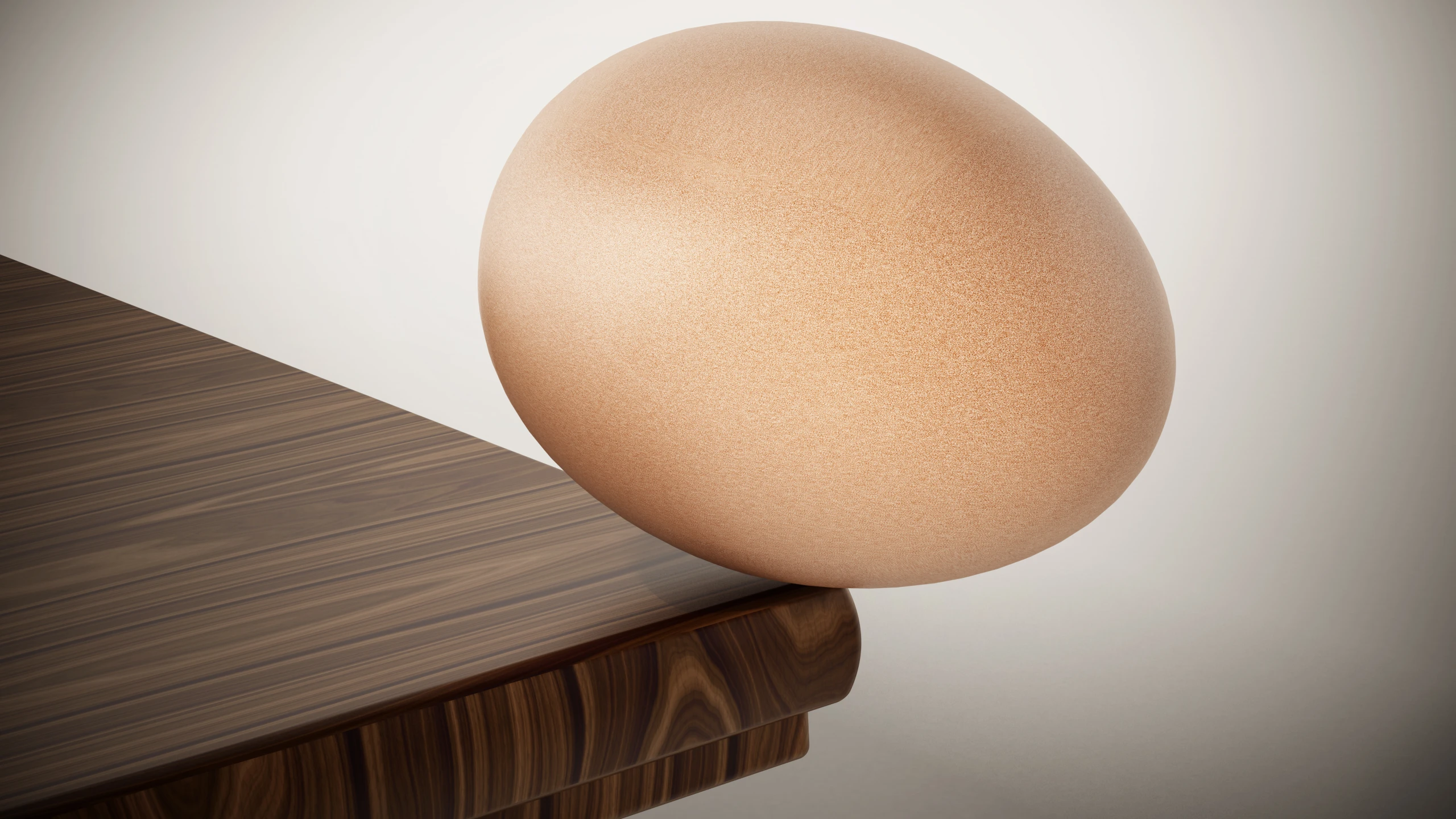
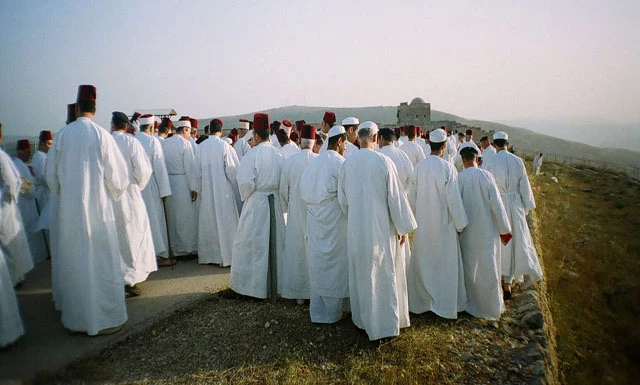



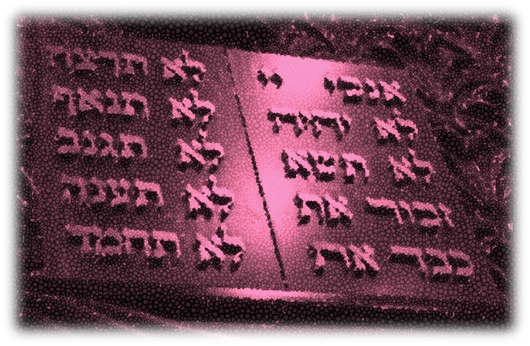
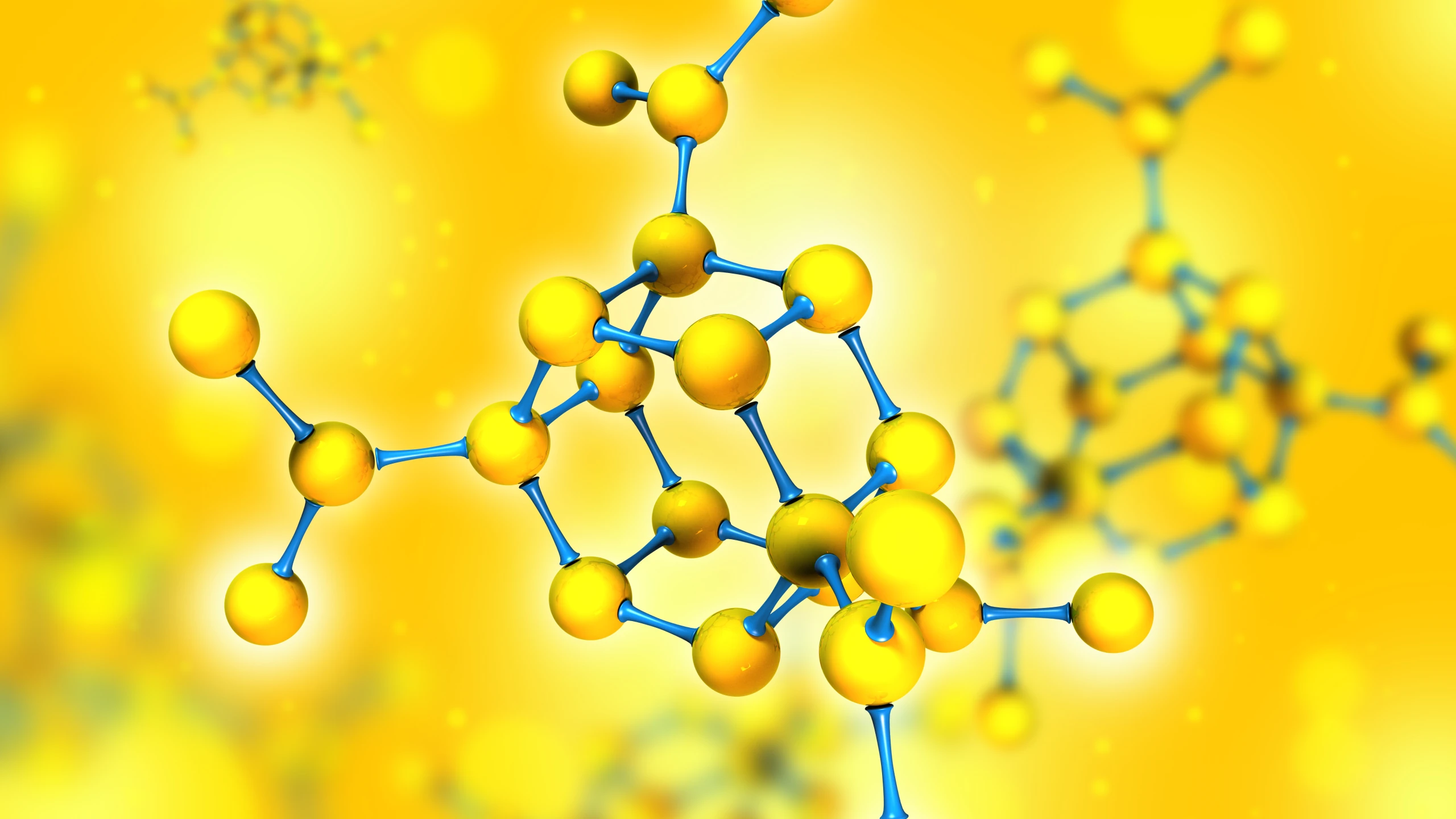
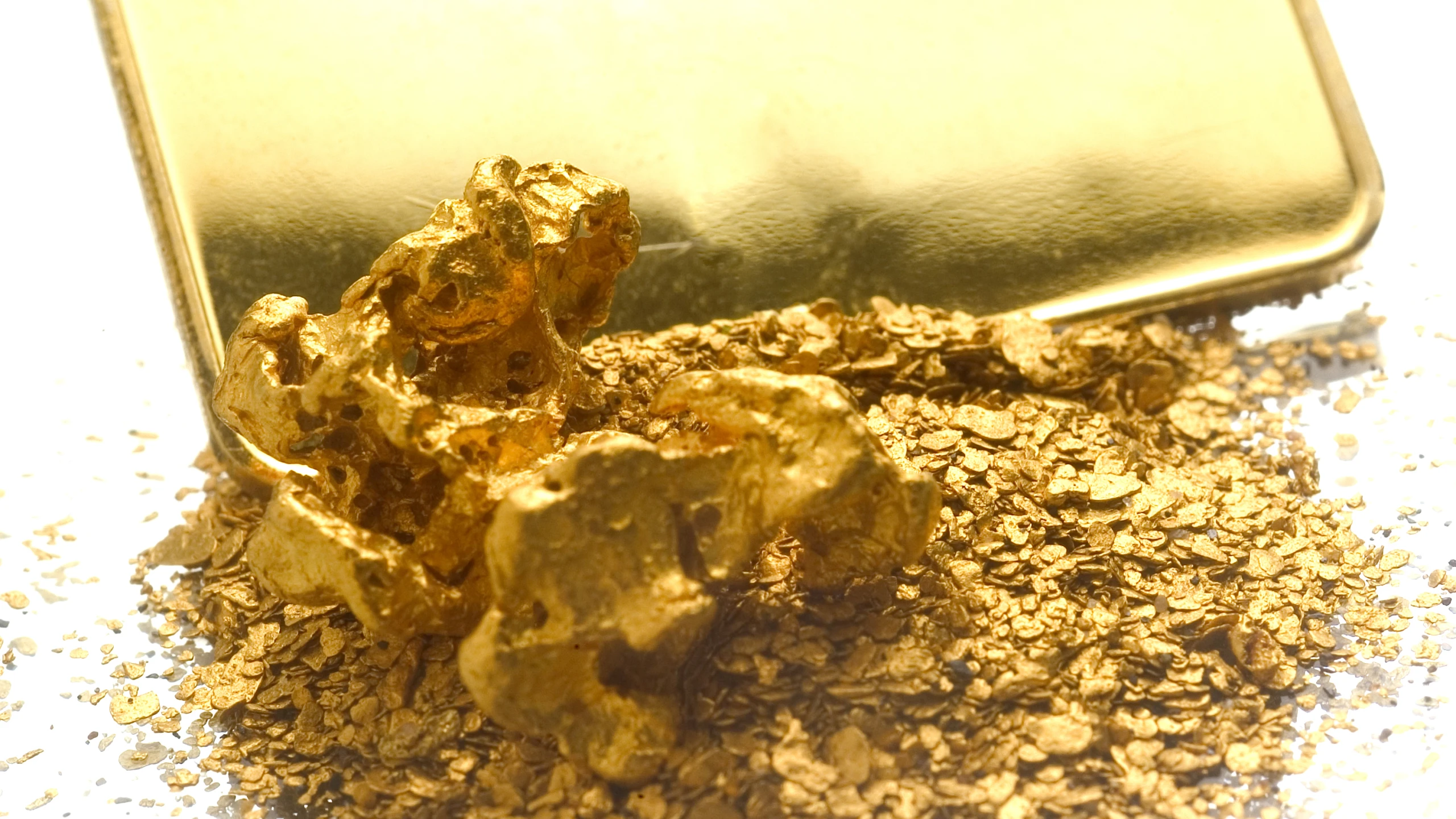
אנא השאירו את תגובתכם למטה!
luba -5 שנים לִפנֵי
better than Sapphire
Thank you for this magnificent essay, more beautiful than sapphires... these messages of chizuk to those suffering from addictions etc, are so invigorating.
השיבו לתגובה זו.סמן את התגובה הזו.
Stan Ress -5 שנים לִפנֵי
the chips of your life
So, following the Rebbe Rashab’s insight, can it be said that the first set of luchot are holy and G-d given, and were delivered to us in-utero by an angel. These luchot were shattered when we strayed and lost our path along the way. Our efforts to fashion a 2nd set through teshuvah, fear & love of Hashem, yield the “chips” that bring redemption and richness to our lives?
השיבו לתגובה זו.סמן את התגובה הזו.
Anonymous -5 שנים לִפנֵי
Right. You got it.
השיבו לתגובה זו.סמן את התגובה הזו.
Anonymous -5 שנים לִפנֵי
As per usual Rabbi Yy you reveal the truth , the essence in a understandable and purposeful way. Thank you for taking us up the ladder of Jewish sensitivity. Thank you for caring enough to make sure that we understand and see the practical application.
השיבו לתגובה זו.סמן את התגובה הזו.
Ira Caplan -5 שנים לִפנֵי
Once again you have spoken to Meyer landscapes of learning and Shai and
Once again you have spoken to my “landscapes of learning” and helped bring well the divergences together into a greater harmony, with a New Song from seemingly old notes.
Thank you my charismatic Hasidic friend, Guide and Teacher,
השיבו לתגובה זו.סמן את התגובה הזו.
Ira Caplan -5 שנים לִפנֵי
*My “landscapes of learning“ although Meyer Landscapes Of Learning is rich with meaning also.
the Great Rebbe Meir, my great Uncle Meyer and more
Best to the whole family,
השיבו לתגובה זו.סמן את התגובה הזו.
Reisy Stern -5 שנים לִפנֵי
Very profound message. Thank you so much, Rabbi YY Jacobson, for keeping on inspiring me. Your Torah and wisdoms have uplifted me many times over. My experience with your messages is often, that they match exactly where I am at and what I need to hear. Your ability to understand human beings in a deep way, is phenomenal. I appreciate your input in my life very much. May the Creator, הקב"ה, pay you thousand fold and may he pour blessings and nachos onto you and tour family.
השיבו לתגובה זו.סמן את התגובה הזו.